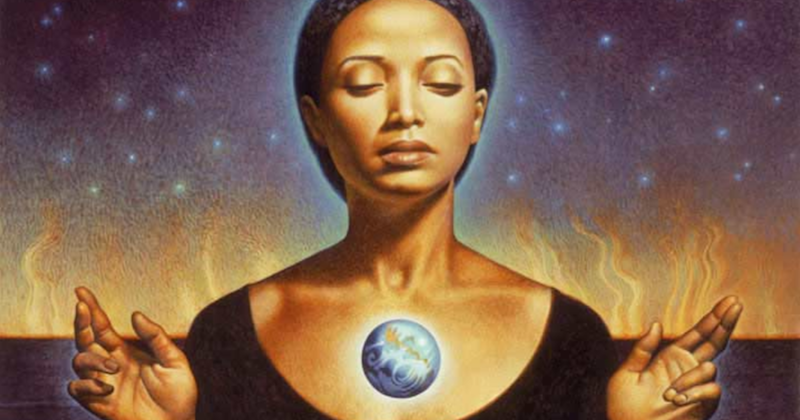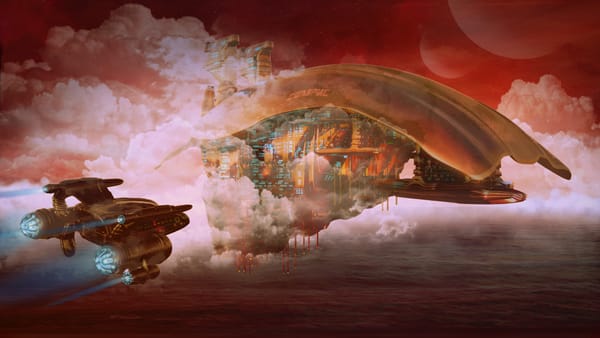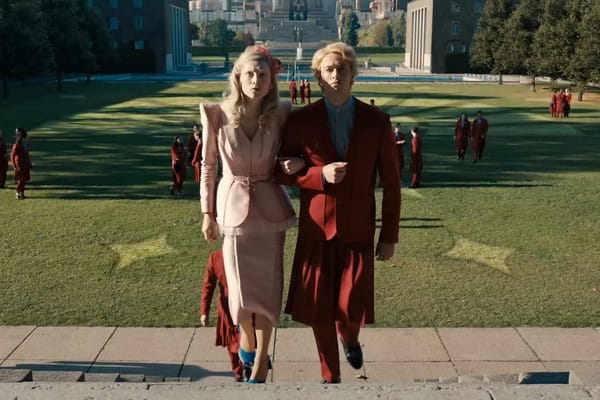Parable of The Sower: Octavia Butler’s Self-Portrait

Striking a chord with the current generation, Octavia Butler’s ‘The Parable of the Sower’ prophesies a future for mankind ridden by social inequality and ethnic divisions. Pulling from the rising racial tensions in the 1990s, Butler extrapolates from her own experiences as a Black woman and the deteriorating state of racial inequality to forecast its nightmarish future. Akin to most of her work, ‘Parable of the Sower’ therefore disseminates a powerful social message about the need for equality. Through her dystopian imagination, Butler explores racism in the context of a post-apocalyptic world through the tale of a visionary Black woman much like herself.
Written in the first person, ‘Parable of the Sower’ helps the reader develop a close relationship with the protagonist, Lauren, as she goes about establishing her belief system and grapples with her identity as a headstrong Black woman. Even amidst a dilapidating society, Lauren’s journey delineates a world with ethnic divisions and entrenched racism. For instance, she describes her community, Robledo, as “too Black to be of interest to anyone” (Butler 88) which indicates the continued existence of segregation. Other quotes such as “racist challenges might force us apart” (128) and “mixed couples...piss off the whites” (123) are evidence that systemic racism is casually experienced by Lauren. As the state of her society exacerbates, Lauren insists on preparing for the future rather than “waiting for the good old days to come back” (Butler 43). Moreover, she develops Earthseed which preaches that “God is Change” (Butler 6) and the importance of collaborating for the survival of humanity by transcending racial divisions. The resistance towards her ideals exemplifies how resolute Black women are belittled by society and must go out of their way to be noticed. Through Lauren's interactions and the challenges she faces, Butler addresses the issue of racism and its enduring impact in a dystopia.
As a Black female author in the sci-fi genre, Butler herself was no stranger to racial prejudice. The refusal of publishers to print her work meant that she put in enormous efforts to fight the feeling of inferiority and make her voice heard in the realm of dystopian literature. Butler reiterated that “I wrote myself in since I'm me and I'm here and I'm writing” (Butler, 2000) and emphasized the need for representation in science fiction. A significant reflection of Butler herself can thus be discerned in Lauren. Her character is used as a vehicle to express the author’s own identity and social commentary. While their experiences are different, a common theme of the struggle and resilience of Black women is observed.
Butler’s trouble with publication bears an undeniable similarity to the resistance that Earthseed receives in ‘Parable of the Sower’. Butler therefore does not foresee a future where humans live in harmony, but rather buckles down on the terrifying reality of systemic racism and envisages a dystopia that is at our doorstep. Earthseed’s emphasis on change through beliefs such as “The only lasting truth is Change” (6) can hence be perceived as a call to action by Butler to urge change in readers and prevent the formation of a horrid world like Lauren’s.
Employing Lauren as a conduit, Butler tells her own story as a colored woman in a male-dominated field and propagates social commentary on the worsening state of social inequality. Through ‘Parable of the Sower’, she further renders a prognosis of America in the 21st century that bears an eerie resemblance to our reality. The lasting relevance of this novel attests to the importance of the themes it discusses and symbolizes the dire need for equality.




